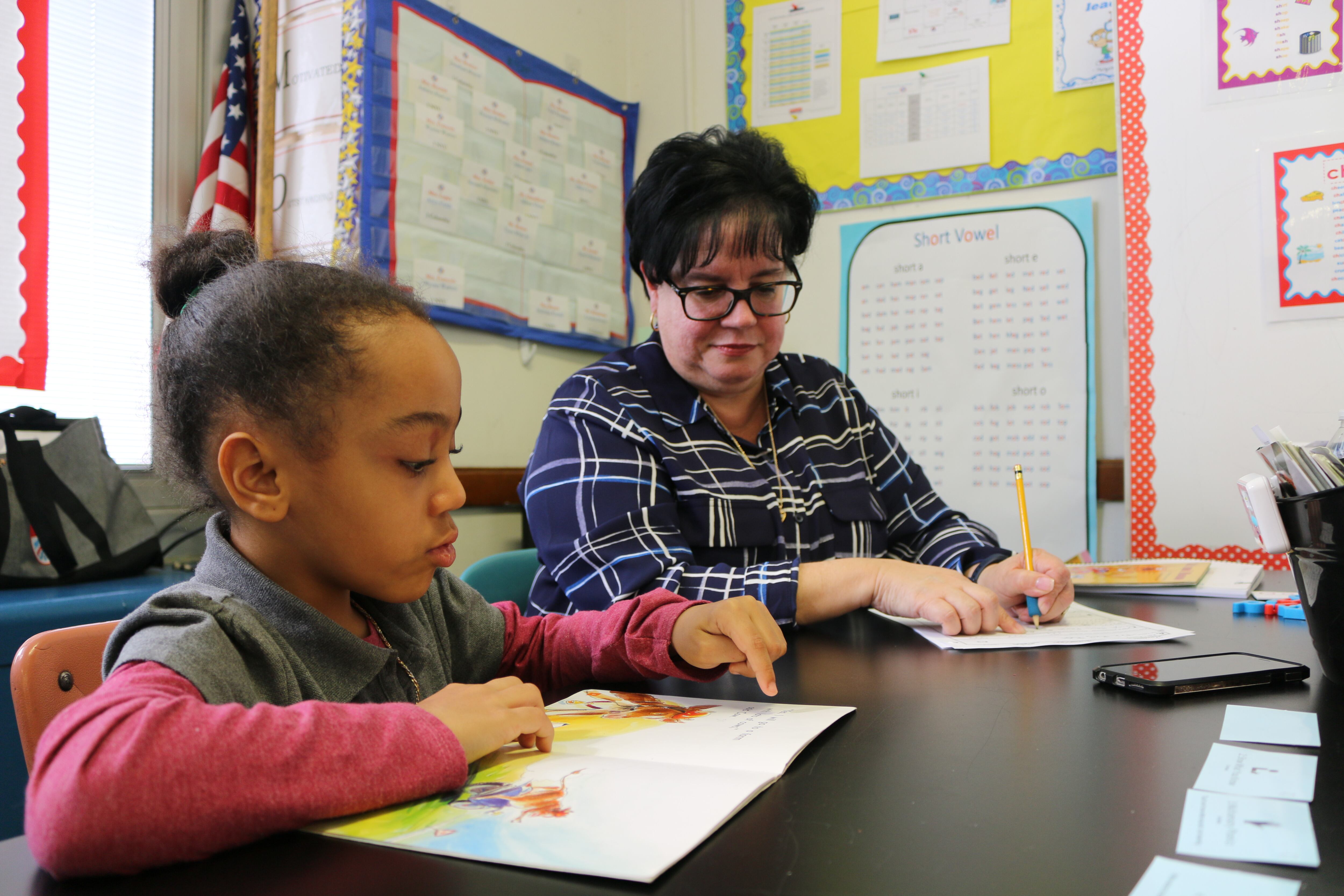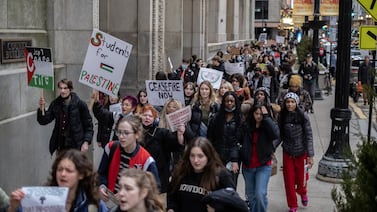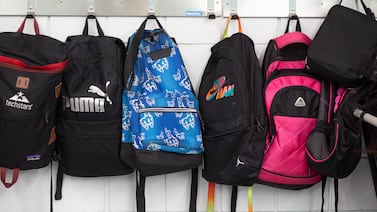As school leaders face an impossible challenge of how to simultaneously staff classes in person and remotely this fall, the education department plans to wrangle everyone in the system with a teaching license back into the classroom. Advocates for students with disabilities worry that could mean redeploying over 1,400 reading specialists to cover other classes, leaving behind thousands of struggling readers.
At issue are about 450 literacy coaches who help train teachers across the five boroughs as well as 960 additional teachers who primarily focus on small-group literacy instruction for students with disabilities. Officials have repeatedly said that the responsibilities of anyone with a teaching credential could change this fall as the city wrestles with how to staff classes this fall.
“It would be a grave mistake to waste the expertise those staff have gained over the past several years, particularly at this critical point in time,” a group of disability rights advocates wrote in a recent letter to schools Chancellor Richard Carranza. “[We] urge you in the strongest possible terms to ensure that the Universal Literacy coaches are not redeployed for classroom work unrelated to the teaching of reading in the coming year.”
The city has long struggled to provide rigorous reading instruction, particularly to students with dyslexia and other learning issues, allowing schools to use a patchwork of curriculum that varies in quality. Just 16.1% of students with disabilities in grades 3-8 were proficient readers, according to the most recent state tests, compared with 56.2% of general education students.
Education officials have not publicly said they will task reading experts with teaching other subjects, but have hinted they may do so. It is one example of the difficult tradeoffs officials are facing as they create an enormous staffing crunch, asking schools to designate separate teachers for in-person and virtual learning. At the same time, the school system faces a hiring freeze, and the city is threatening to lay off thousands of teachers due to budget constraints.
“We are pulling out all stops,” Carranza said at an information session last month. “We have literacy coaches, we have master teachers that are doing great work. But this is not the normal — this is the new normal, and we are in crisis mode.”
Redeploying literacy coaches might enable the city to staff more classes — especially as up to 20% of teachers may be given medical accommodations to teach completely remotely — but it could also weaken efforts to reach students who struggle most with reading.
City officials have emphasized more rigorous training for literacy in recent years. Mayor Bill de Blasio launched the Universal Literacy program that placed hundreds of coaches across all elementary schools, and he pledged that by 2026 all students will be reading on grade level by the end of second grade.
The literacy coaches help train educators in phonics-based instruction, which systematically helps students understand the relationships between letters and sounds. In collaboration with the teachers union, the city also redirected about 960 teachers to focus largely on small-group instruction for students who struggle with reading.
Observers worry that the closure of school buildings due to the coronavirus pandemic has set back thousands of students. That’s because teaching students how to read is challenging to pull off remotely, families may not have had immediate technology access, and online learning requires more intensive parental supervision to ensure students are logging on.
“Schools are going to have to do a lot of more informal assessment of what happened over the summer and the last few months” of the school year, said Phylisa Wisdom of the Literacy Trust, a nonprofit organization that helps train the vast majority of the city’s literacy coaches. “Schools know that the need for [reading] intervention is huge.”
To help students catch up, the education department offered small-group remote reading instruction for about 1,300 students with disabilities over the summer for 20-30 minutes each day. In a recent report, the group Advocates for Children recommended the city continue that effort this fall possibly by redeploying literacy coaches to work with students, and suggested it could help give a wider group of students access to rigorous reading instruction.
“The shift to online and blended learning offers a unique opportunity in that individual students are no longer limited by the training and expertise of the educators who happen to be assigned to their particular school building,” the report said.
An education department spokesperson did not say whether they would continue the summer reading effort this fall or whether reading experts will be deployed to teach other subjects.
Education department officials “remain committed to meeting the needs of our students and schools during this pandemic,” spokesperson Danielle Filson said in a statement. “Reading coaches are certified educators who will continue pedagogical duties in schools, and we will have more to share on staffing soon.”
State Assemblymember Jo Anne Simon (D-Brooklyn), who has advocated for more systematic teacher training in reading, also emphasized the importance of keeping the city’s literacy experts focused on helping struggling readers in a separate letter to the chancellor.
“I am not unmindful of the fact that this is an enormous, enormous task,” she told Chalkbeat, referring to the city’s reopening efforts. But she said if there’s anything the city is doing right now, it should be “making sure that children are still learning how to read.”








